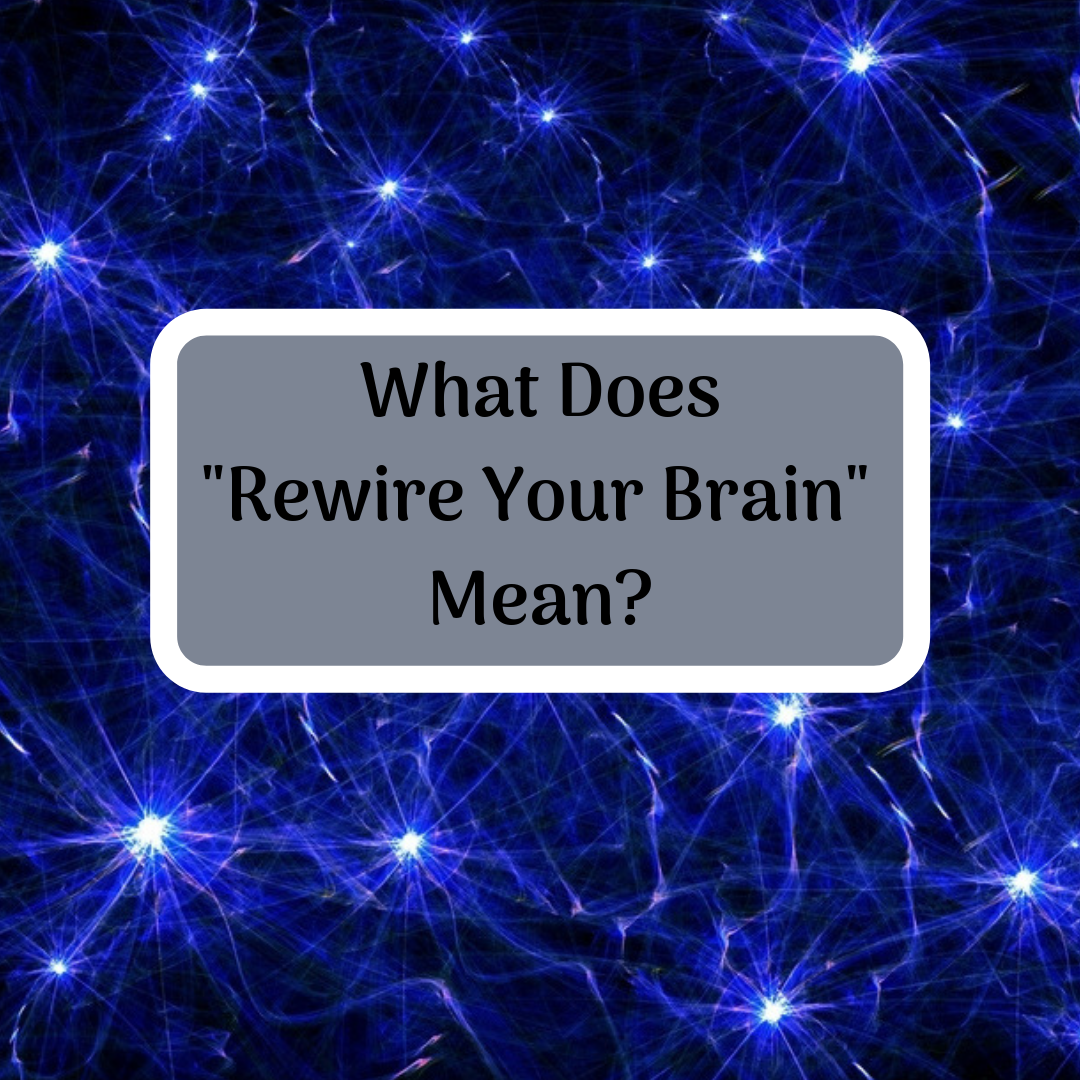Navigating Challenging Times
Heart-centered people can find times of loss and grief especially challenging because we care about others deeply and experience our emotions strongly.
Life is such a mixture of the bitter and the sweet, that’s part of what makes being human so rich and precious. How can we learn to be more resilient, so we can be fully present even during the difficult times, and also take good care of our brains and bodies?
Here are seven suggestions for navigating through challenging times:
Self-compassion. This is key to living a happy, healthy life all the time, and is especially important during challenging times. Treat yourself with the love and kindness you would extend to a close friend. Know that you are doing the best that you can, and that is enough.
Self-care. Take especially good care of yourself. Do things that help you feel relaxed and nurtured, and that promote helpful neurotransmitters such as oxytocin. This might be different for everyone - maybe sitting quietly drinking a cup of herbal tea, talking with a friend, taking a walk, petting a dog. What feels nurturing to you? It can be hard to take time for this. I know when I was caring for my dying mother, people kept telling me “Take care of yourself too,” and I had no idea how to do that. Now I understand how crucial it is. Self-care doesn’t need to take a long time. Even just short times throughout the day, doing things that recharge our batteries, can have a huge impact.
Boundaries. One of the things I learned while recovering from chronic illness is the importance of setting boundaries, including boundaries around painful emotions. Sadness, disappointment, worry, and other difficult emotions create neurochemistry that is hard on the brain and the body. And yet, we know that letting ourselves experience the full range of our emotions is part of living a healthy, full life. The way I learned to work with painful emotions is to compartmentalize them. Set aside a certain amount of time every day (e.g., twenty minutes) to really go into the feelings - express them through journaling, talking with a friend, therapist, or other supportive person, really get the feelings out. And then the rest of the day focus on things that produce positive neurochemistry. Because of the brain’s negativity bias, there is a tendency for the painful feelings to want to take over. But now I understand how important it is to balance that negativity bias with consciously focusing on the good in life as much as possible.
Gratitude. This is one of the best techniques for balancing the negativity bias of the survival brain. Even just trying to think of things we feel grateful for pulls us out of our survival brains and into the higher brain. Sometimes the survival brain can try to hijack gratitude. An example would be, when you have lost someone, and you think about all the things about them you are grateful for, your survival brain might try to go back to the sadness. If that happens, gently remind your survival brain that you have set aside time to fully be with the sadness, and now you are going to focus on gratitude.
Joy. What brings you joy? It’s very easy to let those things go when we’re experiencing a challenging time. Sometimes we feel that we don’t deserve to feel joy when someone we love is suffering. We all deserve to feel joy, and it is so helpful to balance the brain’s negativity bias and keep the beneficial neurotransmitters flowing.
Nature. Our brains and our bodies evolved in nature, and that is where we most thrive. Do whatever you can to connect with nature, even if it is just stopping for a minute when you walk out of a building to feel the sun on your face, or taking a walk in the forest, or sitting in your backyard.
Social connections. For many of us, when we are going through a hard time we tend to withdraw from social contact. There are a lot of possible reasons - maybe we don’t want to bring other people down, maybe we are feeling especially sensitive because of the intensity of our feelings, maybe we need extra quiet time. If you are experiencing this tendency, I’d encourage you to still try to find ways to connect with people, in person if possible since that is the most powerful for producing helpful neurotransmitters, but any kind of connection is helpful. Who are the most caring, positive people you know? Try to connect with them, even if it’s just for a short phone call or having tea.
If you are going through a hard time right now, my heart goes out to you. I know that you are strong and can get through this. What can you do today to support yourself during this time? If you’d like, send a quick email and let me know.
I’d love to hear from you! Send your questions, comments, and suggestions to liz@happybrainlife.com.
Wishing you a peaceful day full of love,
Liz



